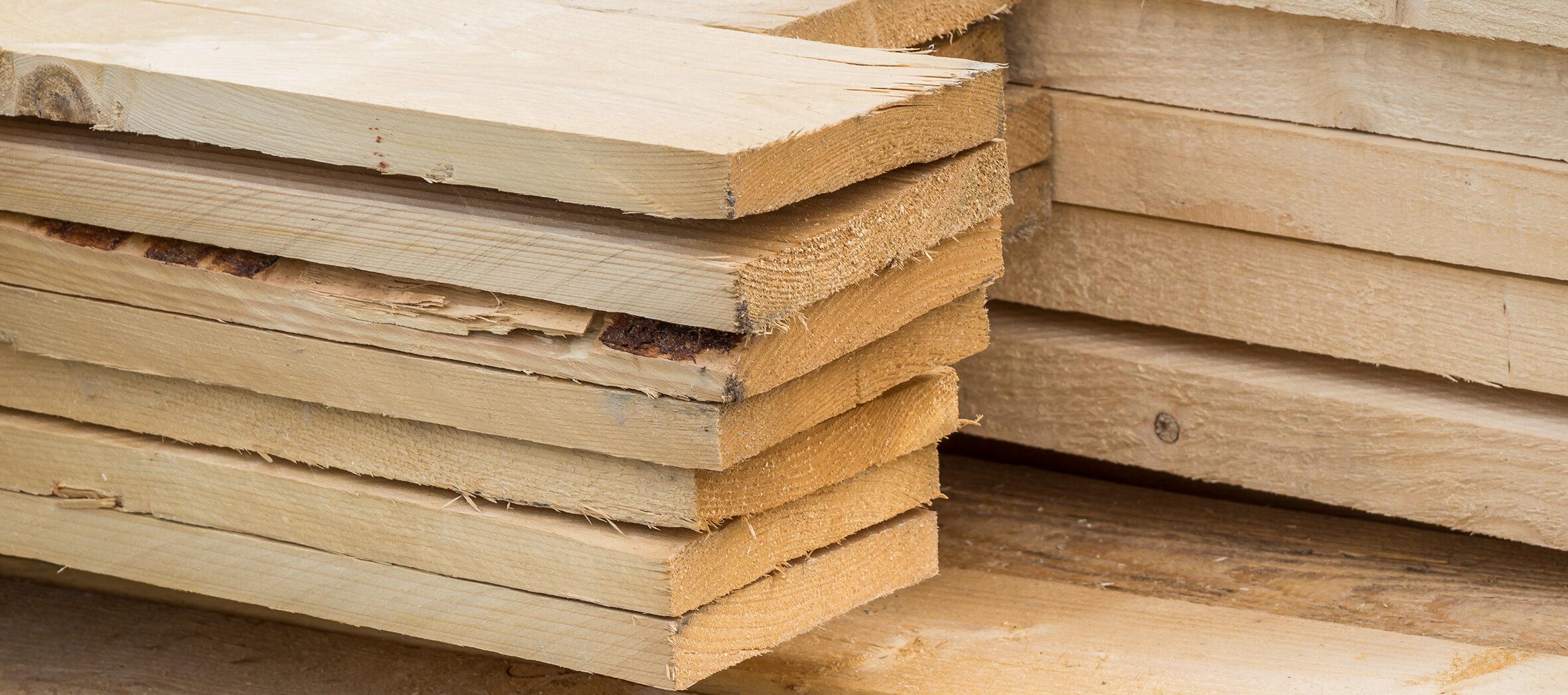At FASET, we aim to keep up to date with all the latest news that is relevant to our industry. We are pleased to share the following statement from John Newcomb, CEO of the Builders Merchants Federation and Peter Caplehorn, CEO of the Construction Products Association, co-chairs of the Construction Leadership Council’s Product Availability working group.
While current demand remains strong there are the first signs of a slight softening and shift in the balance of demand, with some regions reporting a decline in the level of retail sales for DIY and home improvement project, but compensated by higher volumes of trade sales.
The supply picture remains stable in terms of full production with good stocks and availability of most products. As previously reported, supply challenges continue to affect bricks, aircrete blocks, roof tiles, gas boilers, plastic drainage and other plastic products dependent on polymers, and some electrical products particularly those using semi-conductors.
Price inflation remains the major concern. There are reports that some suppliers are only willing to hold quotes for tender prices for 24 hours. The resulting uncertainty is leading some contractors to pause before entering fixed-price or long-term contracts.
As highlighted in previous statements, the volatility of energy prices has begun impacting the market. Some manufacturers of energy-intensive products are now warning of surcharges linked to energy costs. This issue is not limited to the UK; the cost of energy is impacting manufacturers across Europe, with reports of cement plants in Spain closing due to the latest increases. However, UK manufacturers are managing stocks and the supply chain to enable continued supply.
UK brick and block stocks have also increased slightly during the quieter winter months but as the market accelerates in the spring it will be essential for builders to plan ahead and work with manufacturers to ensure timelines of availability.
The boiler market has been impacted by unprecedented demand coupled with supply chain challenges for steel, cardboard, plastics and electronic components. While availability will remain constrained over the summer months, manufacturers remain hopeful that the supply and demand will normalise by the end of the year.
Regarding plastic products, there are reports in some areas of shortages of raw materials that could lead to spikes in prices, but indications are hopeful that such matters may be sorted later in the spring.
Paints and coatings continue to be affected by ongoing raw material shortages recently exacerbated by further lockdowns in China and by the war in Ukraine. This is likely to affect prices, and possibly the availability of some products over the coming months.
After a turbulent 12-18 months, timber presents a positive picture with stable prices and plenty of stock in the UK, along with fewer problems reported with the ports and haulage. We note, however, that the market for MDF (medium density fibreboard) has seen marked price increases due to the soaring cost of oil derivatives which are key components in MDF resins and the melamine surfaces applied to such panels for use in kitchen and bathroom furniture.
Looking ahead, the war in Ukraine and the resulting sanctions on Russia and Belarus are likely to constrain the supply of pallets, birch plywood and OSB (oriented strand board). These countries are major suppliers of pallet wood and manufactured pallets, as well as large producers of the components of the resins used in wood-based panel manufacture including OSB. Russia is also one of the main sources of birch plywood, used in a variety of applications from transport and shop fitting to furniture and die cutting.
Other product areas that may be affected by the Russian invasion include ceramic tiles and sanitaryware, as Ukraine is a main source of supply for kaolin used in their manufacture. As reported previously, this group is also actively monitoring the indirect impact of sanctions on Russian steel, including heavy plates, coil and slab intended as upstream products for the EU market. Any shortages on the continent could have a knock-on effect on the UK market.
The war is already impacting the global shipping industry. Many countries have banned ships associated in any way to Russia. More widely, shipping lines are suspending or changing bookings because of sanctioned cargo, and congestion at ports is increasing owing to more stringent customs checks. In addition, Ukrainian and Russian nationals account for 15% of the global shipping workforce; with President Zelensky calling for all Ukrainians to return to fight, a severe workforce shortage could soon become apparent.
The Product Availability Group will now meet every three weeks to respond to changing conditions arising from price inflation and the war in Ukraine.
Manufacturers and trade associations provide updates on their own areas. The latest include:
Image: Shutterstock









